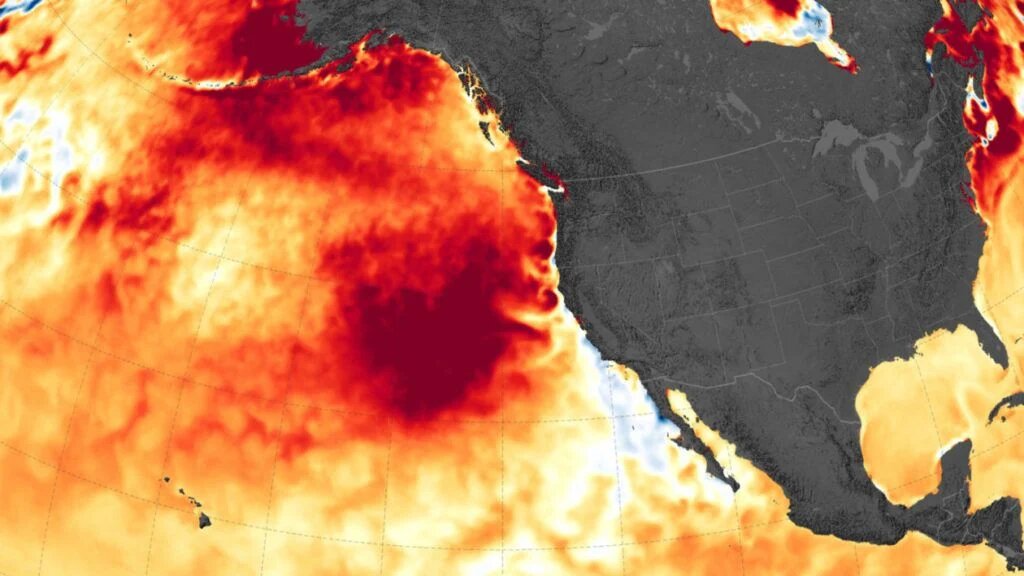California faces a new environmental challenge beneath the ocean's surface: the marine heat waves.
In the last decade, this phenomenon has gained strength off its coasts, alarmingly raising water temperatures and profoundly altering the marine ecosystems and the economic activities that depend on them, warns an investigation of the Scripps Institution of Oceanographyof the University of California at Sam Diego.
The calls marine heat waves are periods of abnormally high ocean temperaturesThe document points out that in this region they can extend for thousands of kilometers and last for weeks or even months.
Events such as La Mancha (2014-2016) y Blob 2.0 (2019) set historical records and had visible ecological consequences: from the northward migration of species to the collapse of key populations such as the Pacific sardine.
These imbalances directly affect species that are fundamental for the commercial fishingsuch as bluefin tuna or salmon, and trigger secondary phenomena such as toxic algal blooms. In 2016, the Dungeness crab fishery was closed for an entire season due to the presence of domoic acid, a toxin associated with these blooms, he stresses.
"Declines in certain fisheries and toxic algal blooms that can result from marine heat waves have the potential to affect, or even shut down, commercial or recreational fishing for certain species. This can result in economic losses to tourism and fishing industries," states the article published by the Scripps Institution.
Although these heat waves have a natural component, the study warns that their frequency and severity are increasing because of the climate change of human origin.
"Recent researchers have used long-term records of sea surface temperature to confirm that anthropogenic (human-caused) warming is causing more frequent and extreme marine heat waves."
If urgent action is not taken, scientists fear that these events are just a sign of an overall warmer ocean due to climate change, with ecological and economic consequences.


